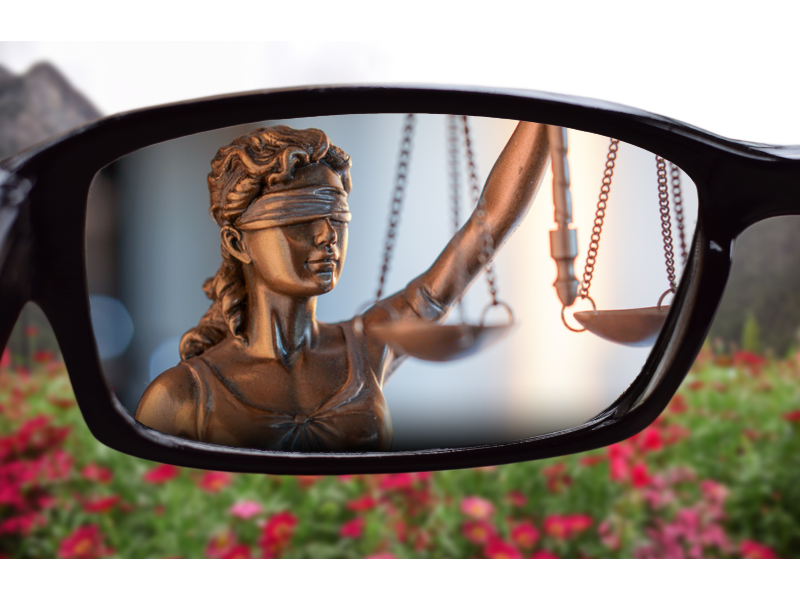In an age where information is at our fingertips, there is a noticeable gap in our democratic system: transparency regarding elected officials’ actions. It is a simple principle – the public elects representatives, and in return, they expect transparency and accountability from those they have put in power.
Imagine a world where corporations operate with zero transparency. Stakeholders would not have the slightest clue about the company’s financial status, future strategies, or even past decisions. Such a scenario is unthinkable. Yet, in many democratic systems, the very constituents (who are the stakeholders of governance) are left in the dark about critical decisions made by their elected officials.
For instance, in Louisiana, state legislators are barred from publishing their voting records using state funds. This means that the public, the very individuals who need this information, are left seeking it out for themselves. Such practices raise a significant question: Who truly benefits from such a lack of transparency?
The paradox is evident. While, theoretically, ‘we the people’ are in charge, the practicalities suggest otherwise. The barriers in place, preventing transparency and accountability, make it challenging for citizens to evaluate the performance of their elected officials thoroughly.
Whether you are a legislator, a judge, or hold any public office, the constituents have the right to easy-to-access, transparent records of your actions. From voting records to conviction rates and budget allocations, every aspect of public service should be an open book.
It is high time that the system evolve. Transparency should not be a gracious gift from the elected to the electors but a mandated requirement. It is not about mistrust but about ensuring that democracy remains truly of the people, by the people, and for the people.

